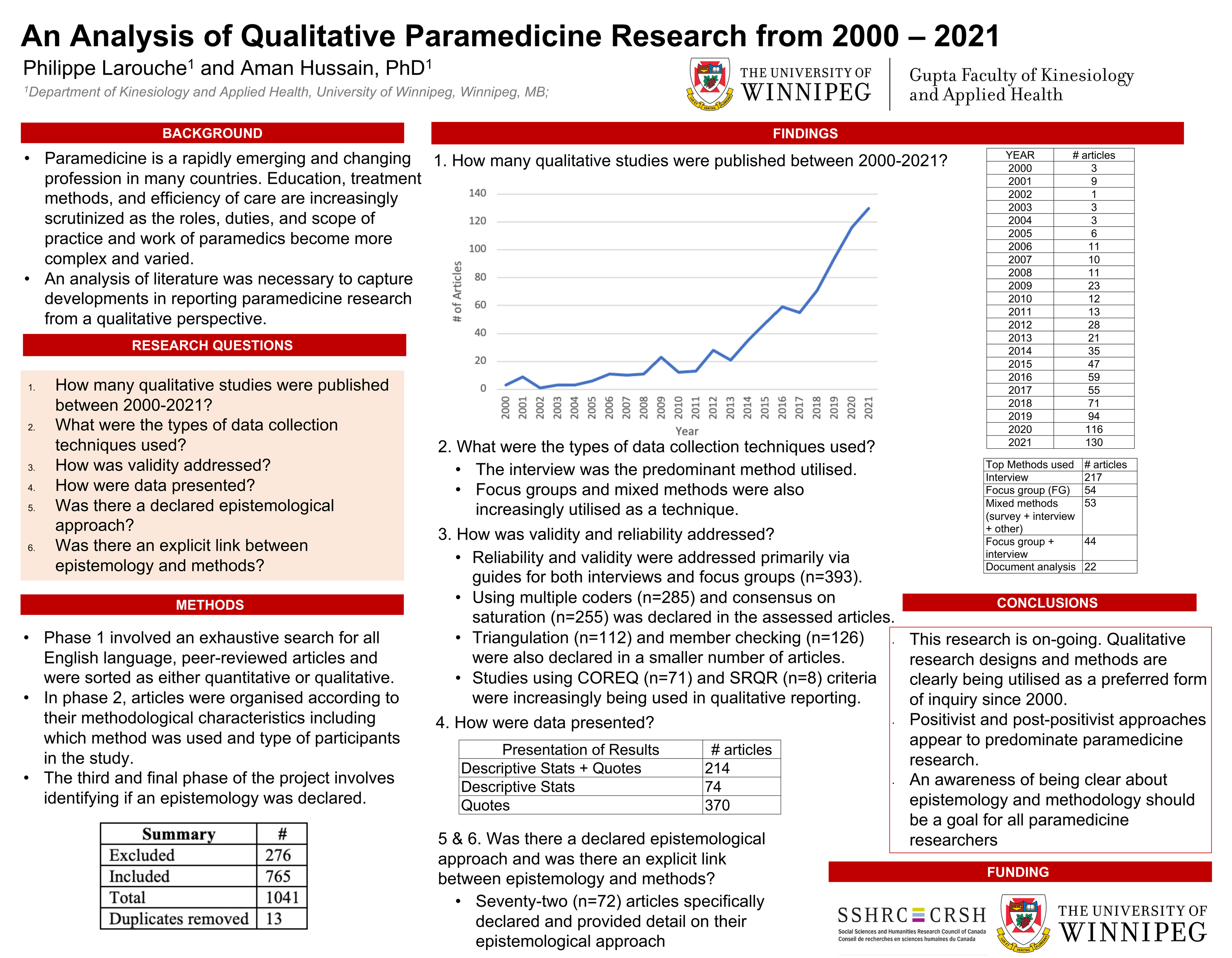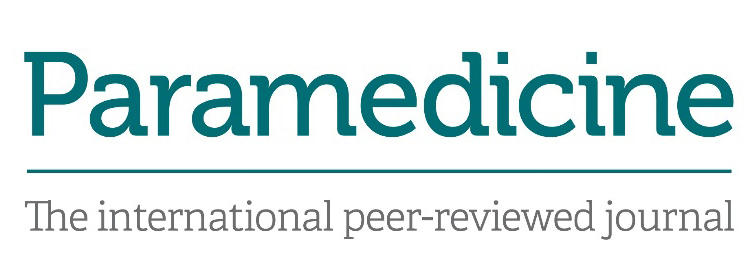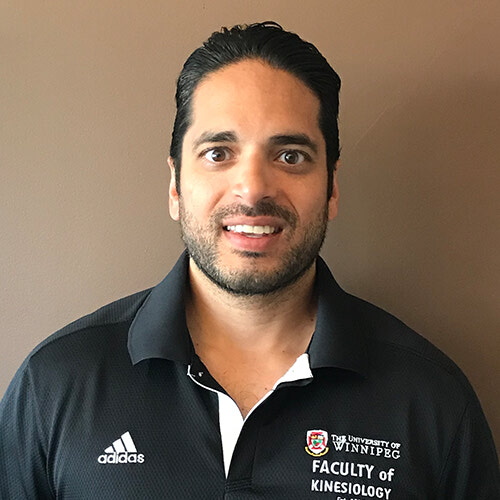
|
An Analysis of Qualitative Paramedicine Research from 2000 – 2021 Philippe Larouche & Aman Hussain Introduction Paramedicine is a rapidly emerging profession in many countries. Education, treatment methods, and efficiency of care are increasingly scrutinized as the roles, duties, and scope of practice by paramedics become more complex and varied. The development of any profession requires congruency with the current state of the field. Due to the multitude of publication outlets (articles, handbooks, proceedings, theses, and dissertations), it is often difficult to keep track of this evolving database. Therefore, an analysis of literature was necessary to become familiar with the nature of this literature. Objective The purpose of this study was to provide a general overview of qualitative research design used in pre-hospital and paramedicine studies. Rather than attempting to classify articles based on their traditions (e.g., grounded theory, ethnography, phenomenology), we have adopted the approach used by Culver and colleagues (2003, 2012) by focusing instead on data-gathering techniques as an appropriate place to start learning about qualitative research. Methods This study consists of 3 phases. Phase 1 involved an exhaustive search for all English language, peer-reviewed articles and were sorted as either quantitative or qualitative. In phase 2, articles were organised according to their characteristics including methodology and type of participant. The third and final phase of the project involved identifying if an epistemology was declared as part of the research. Findings A total of 765 articles were identified as meeting the inclusion criteria in phase 1. Phase 2 identified that the interview was the predominant method utilised. Member checking was mostly limited to verification of interview transcripts. Results were most often presented using both words and numbers. Finally, there is a persistent effort by paramedicine scholars to include the qualitative approach as an appropriate way to conduct research. Conclusion This research is on-going. By conducting this type of analysis, we hope to delineate the scope of qualitative research that paramedicine scholars are using to design their studies. This study builds on the contributions of other pre-hospital researchers and assists with deepening our understanding of the field. |
Aman Hussain, PhD
Assistant Professor
Kinesiology and Applied Health




